Netflix’s ‘Descendants’ is a thought-provoking documentary that delves into a lesser-known chapter of African American History. In 1860, Clotilda, the last documented slave ship, arrived on the Alabama coast, leaving behind around 110 survivors before being burnt and sunk into oblivion. Several years later, the wreckage was discovered in 2019, having various effects on the descendants of the Clotilda survivors. While the documentary captures the historical accounts of the community and their sentiments on seeing the shipwreck, let’s find out how they are presently doing, shall we?
Clotilda Descendants Are Focusing on Preserving Their Community’s Legacy
The Clotilda arrived on the Alabama Coast in 1860 with 110 enslaved Africans who were kidnapped from Dahomey in West Africa and brought to the US. Since slave trading had been abolished in America around 1808, businessman Timothy Meaher and the ship’s builder, Captain William Foster, secretly divided the enslaved people into three groups. They sent them to various parts of Alabama, including Plateau and Mobile. They then burnt and sank the ship into the river, which remained undiscovered until 2019.
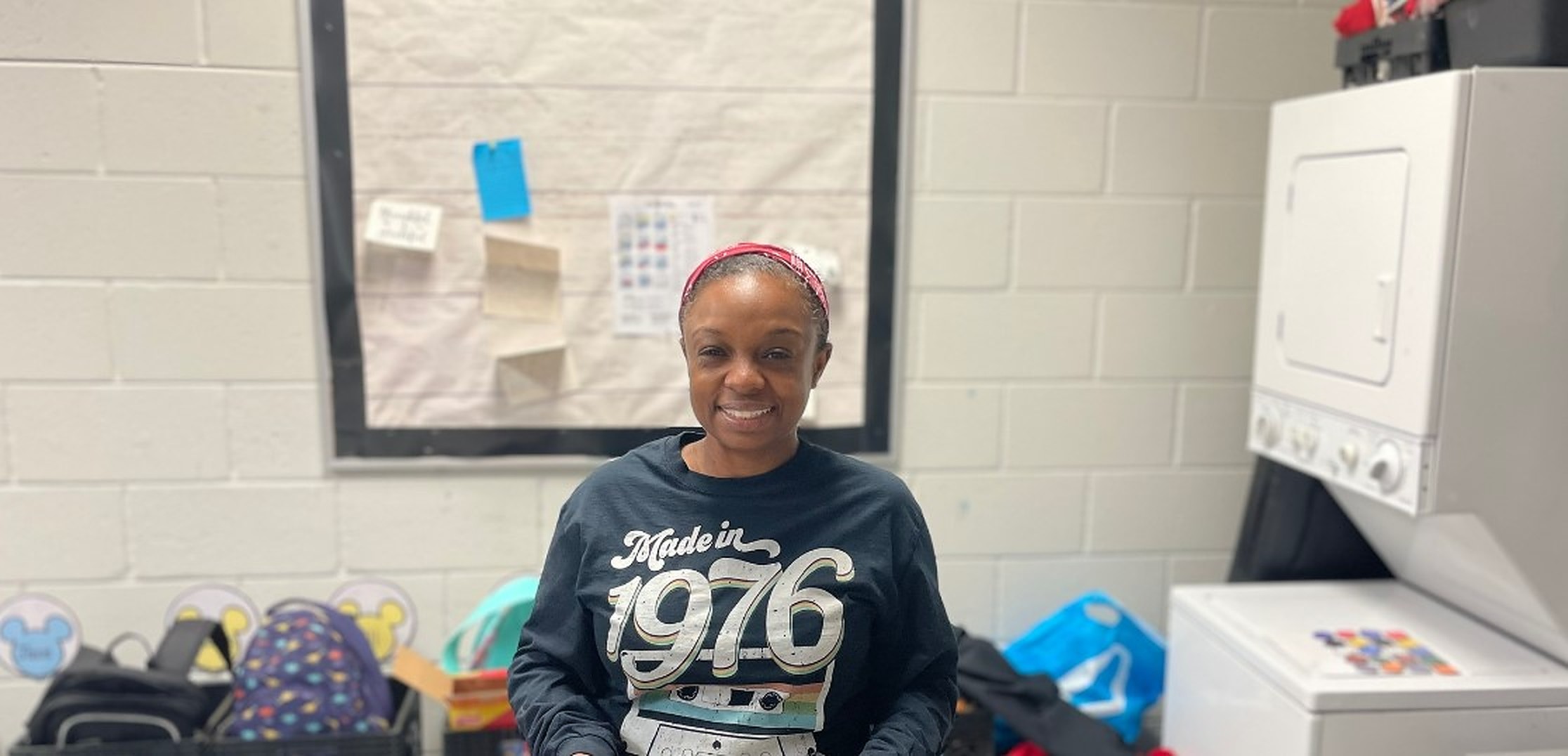
Several descendants of the ship’s survivors had created their communities in Plateau called Africatown and Lewis Quarters. This includes Joycelyn Davis, a direct descendant of survivor Oluale “Charlie” Lewis, AKA Big Poppa, who was the oldest of the enslaved people on the ship. He was the founder of Lewis Quarters, a smaller community of the Clotilda survivors than Africatown, north of Mobile, Alabama. Joycelyn has been actively preserving the community’s heritage and ensuring that the unheard story of Clotilda’s survivors is not forgotten.
A prominent community leader, Joycelyn has been a panelist with National Geographic and has collaborated with organizations like SEARCH, Inc. and National Park Service on projects such as the Smithsonian National Museum of African American History and Culture (NMAAHC) Slave Wrecks Project. This initiative aims at curating and exhibiting the oral and visual history of Africatown residents.
Not just that, Joycelyn is a cancer survivor and a pivotal member of the Clotilda Descendants Association, an organization headed by descendant Darron Patterson. She presently lives with her family in Prichard, Alabama, and is reportedly a school teacher. Another descendant is Joycelyn’s cousin Lorna Gail Woods, a renowned community historian and great-great-grandaughter of Charlie Lewis.
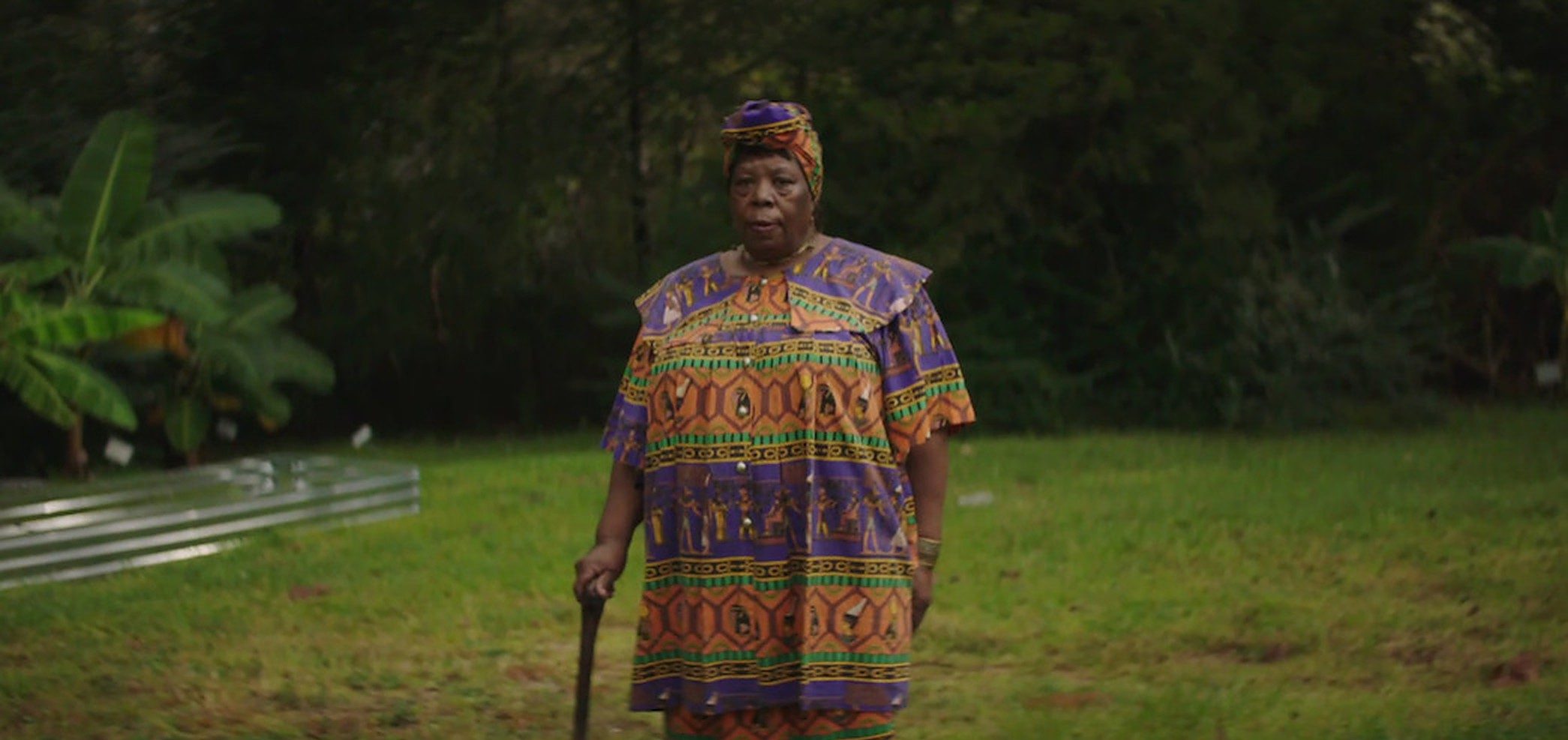
Several community members and researchers consult Lorna, given her detailed knowledge of Africatown’s history. In a January 2018 interview with The New York Times, she shared some of her family history and her ancestor’s account of events. Lorna said, “My grandmother would tell us the story so we wouldn’t forget and so that we could continue to tell the story…Charlie only spoke the African language, so he passed the story down to his son Joe Lewis.”
Lorna added that Charlie was the chief of the Tarkbar Tribe, and he recorded his story by learning to read and write at the Old Union Baptist Church in Africatown. She is presently in her early 70s and lives in Mobile, Alabama, helping spread knowledge about the Clotilda survivors’ stories as a revered community elder. Another founding forefather of Africatown is Cudjoe Kazoola Lewis, the ship’s third to last adult survivor. He was documented by African American filmmaker and author Zora Neal Hurston in her book ‘Barracoon – The Story of the Last “Black Cargo.”‘
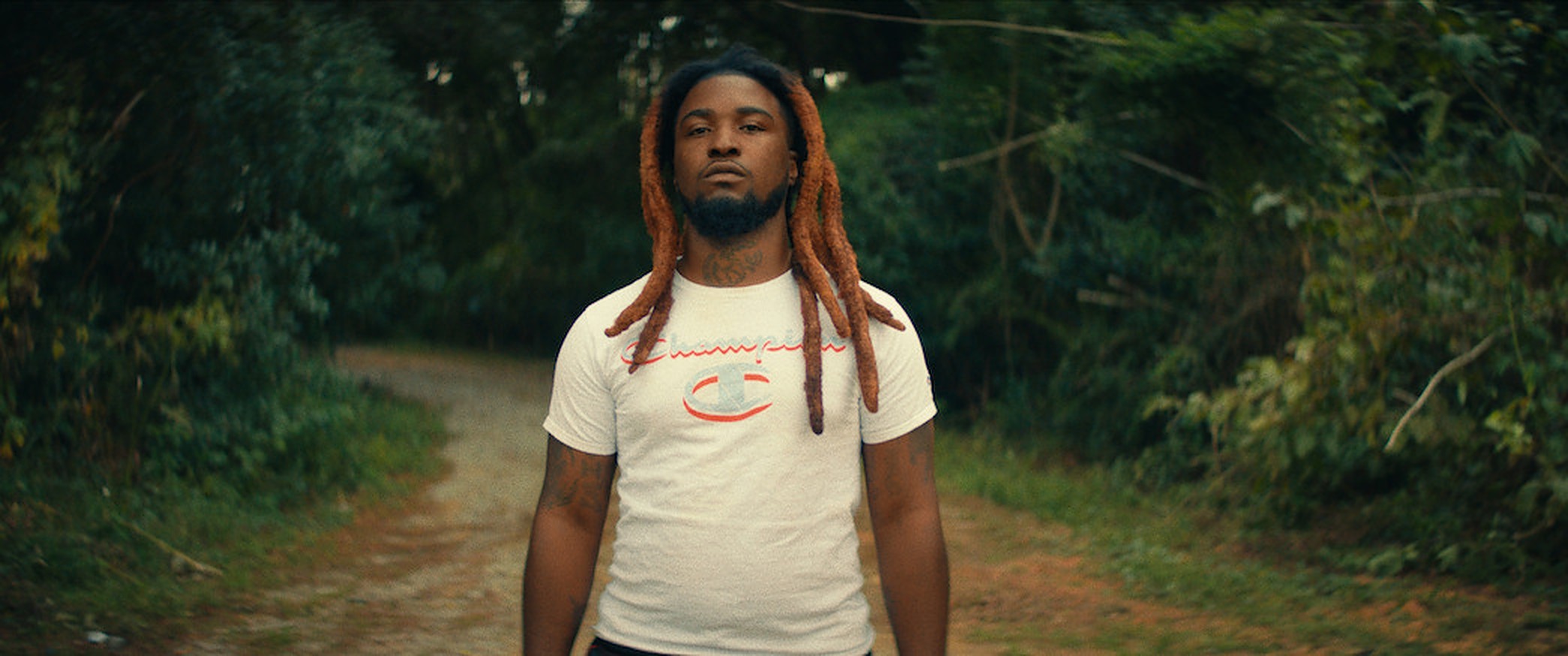
The book serves as Cudjoe’s memoir and intricately details his experiences aboard the Clotilda and afterward. While he died in 1935, his descendants continue preserving his legacy in Africatown. This includes Emmett Lewis, Cudjoe’s great-grandson who lives in Africatown and is ensuring to educate his daughters about their family’s history. In the documentary, he shared that his father used to take him to their family cemetery and tell him stories of his ancestors. Interestingly, Emmett divulged that his family believes it is not ghosts but their ancestors talking to them through nature.
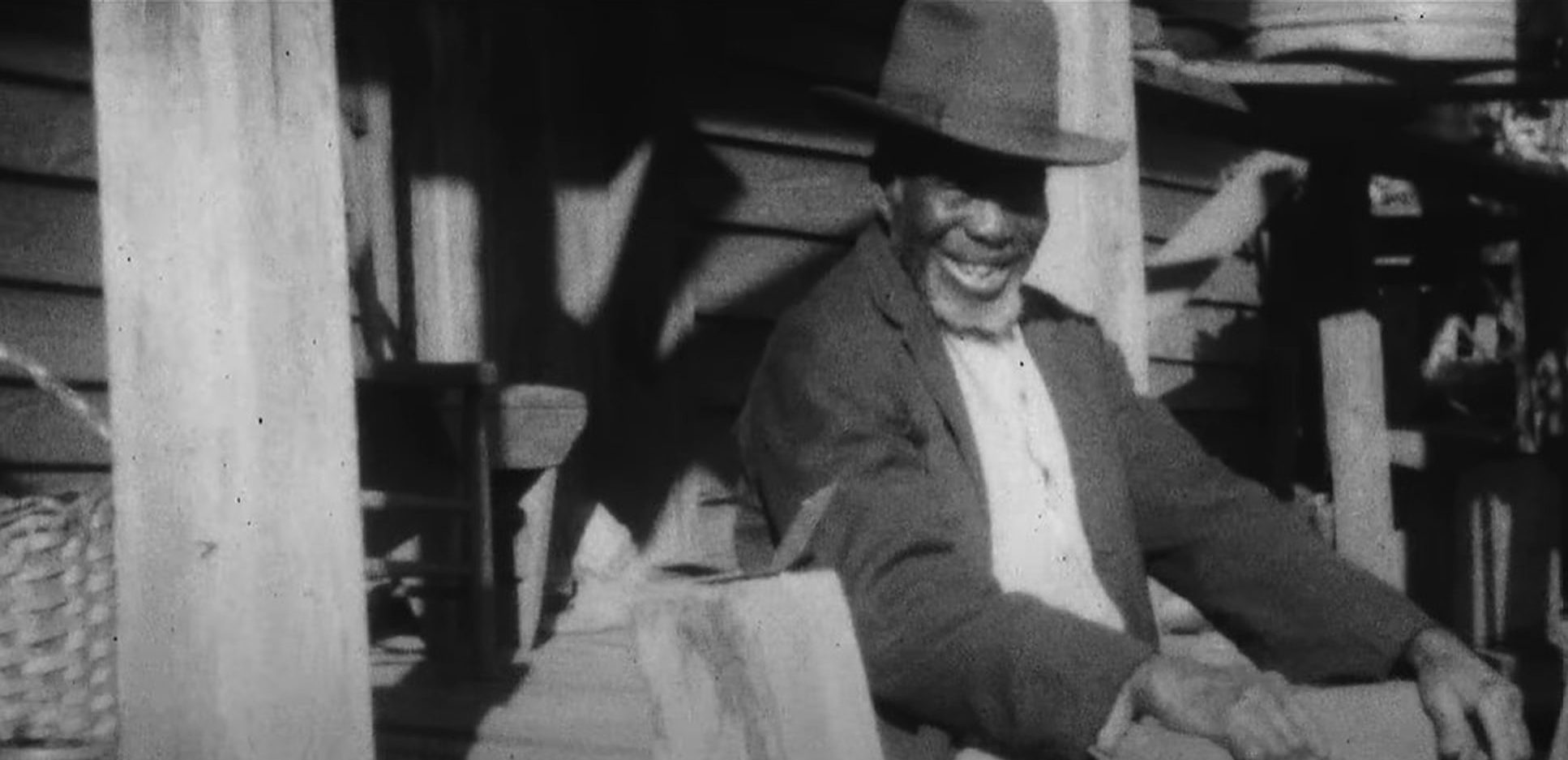
Today, Emmett assists historians and researchers in better understanding Cudjoe’s story and how his experiences have helped shape generations of his family and the entire community. Several other descendants of Clotilda’s survivors have shared their accounts in the Netflix documentary, including Joe Womack, a former US Marine and reserve Major, who now serves as a community activist in Africatown. Undoubtedly, there are many such stories present in these two Alabama communities, which are gradually coming to the forefront as a turning point in African American history.
Read More: Where Are Ben Raines and Joe Turner Now?

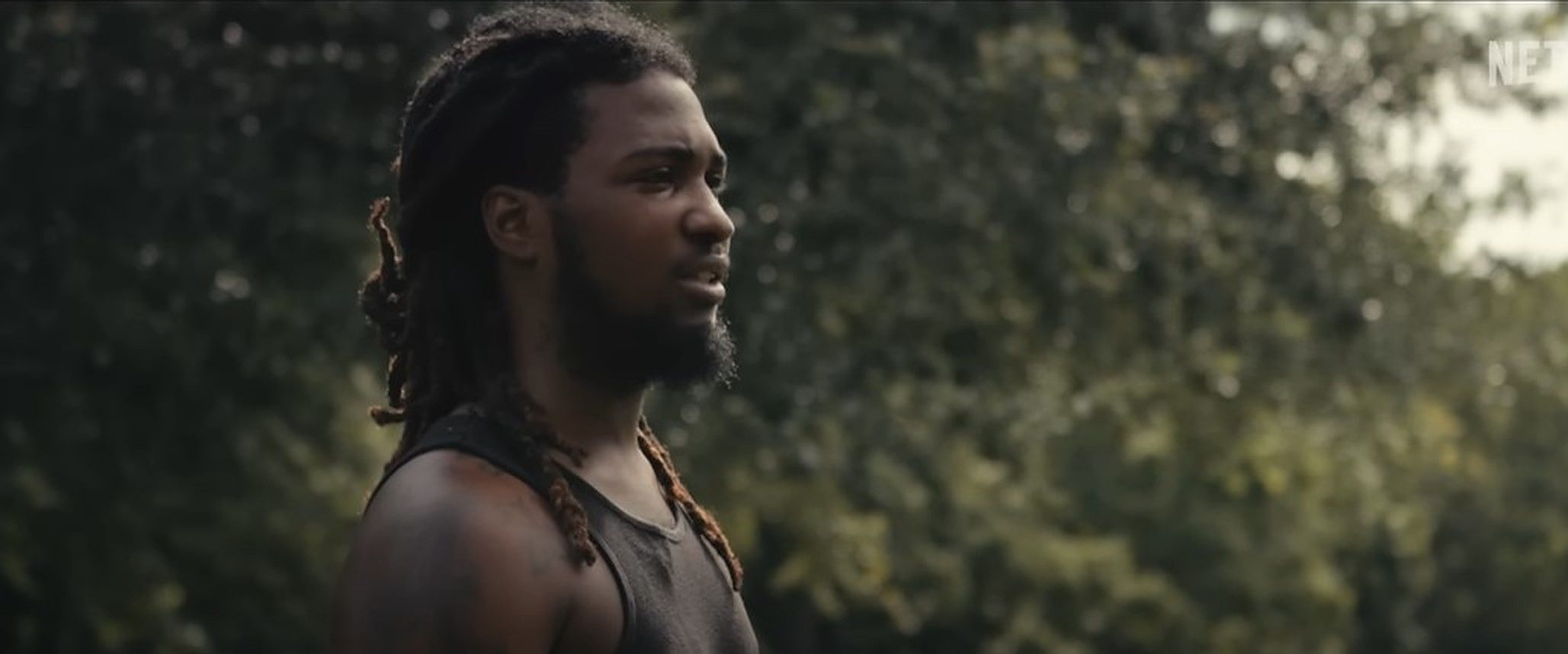
You must be logged in to post a comment.